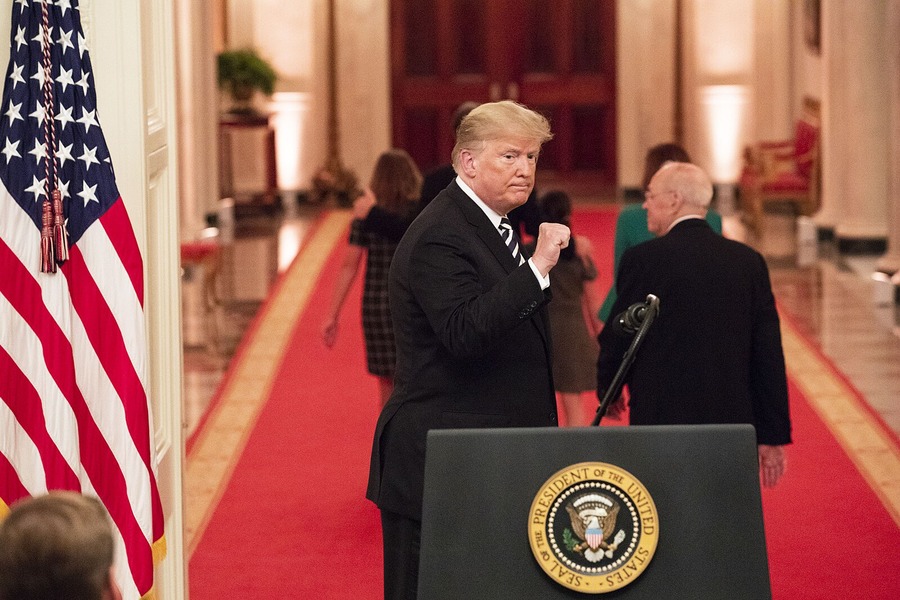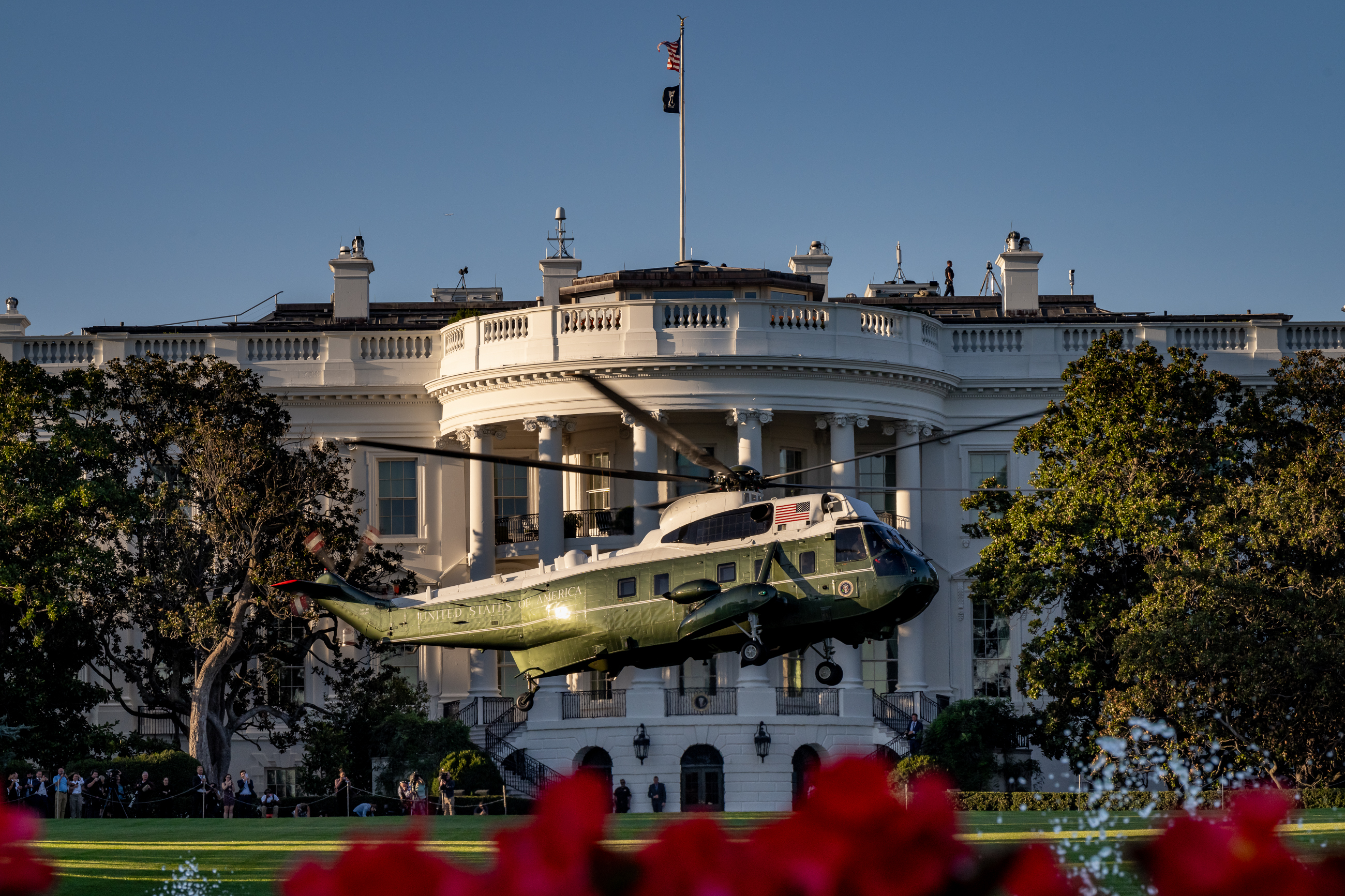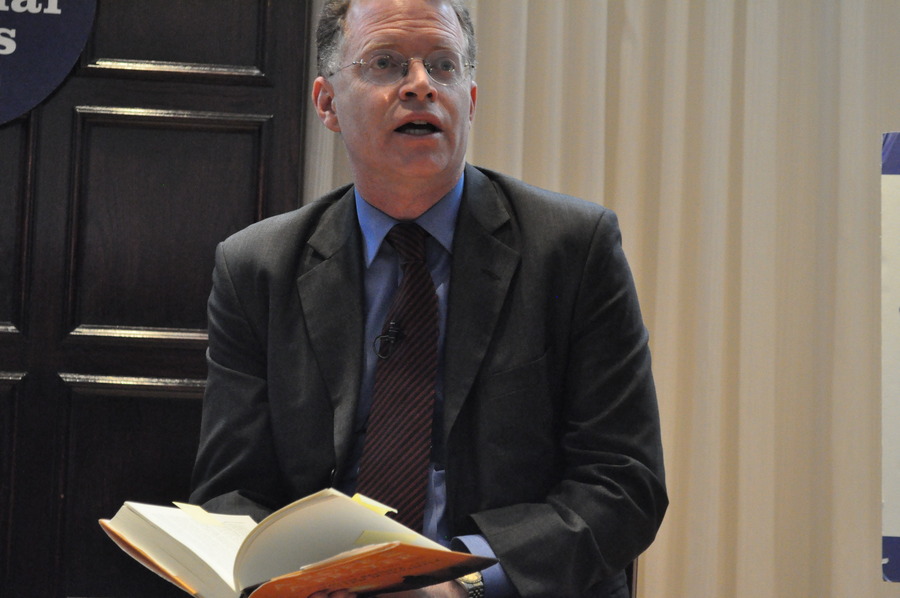-

Regulatory Approaches to AI Liability
Federal agencies wield crucial tools for regulating AI liability but face substantial challenges in effectively overseeing this rapidly evolving technology. -

The Relative Insignificance of the Immunity Holding in Trump v. United States (and What Is Really Important in the Decision)
A Constitution Day speech at the University of Michigan Law School -

Lawfare Daily: Lindsay Chervinsky on ‘Making the Presidency’
How did President John Adams defend presidential power? -

What Does the Guarantee Clause Actually Guarantee?
It may well require that Congress remove excessive barriers to the ballot and prevent election interference. -

Could AI Lead to the Escalation of Conflict? PRC Scholars Think So
Chinese defense experts worry that AI will make it more difficult for Beijing to control and benefit from military crises. -

Domestic Military Deployments and the Limitations of Appropriations Law
Congress’s appropriations authority might be its best tool to restrict these deployments. -

Stitching Together the Cybersecurity Patchwork Quilt: Infrastructure
Initiatives on connected products and critical infrastructure reflect an understandable incrementalism, but gaps need to be filled—urgently. -

A Compromise to Fund the Federal Trade Commission’s Office of Technology
As consumer protection concerns increase, Congress seems set on defunding the very office meant to address them. -

Presidential Unilateralism Is Bad. But Not for War Powers.
A review of Harold Hongju Koh, “The National Security Constitution in the 21st Century” (Yale University Press, 2024). -

Lawfare Daily: Gharun Lacy Talks State Department Cybersecurity
Discussing the Diplomatic Security Service's cybersecurity work. -

Lawfare Daily: The Past, Present, and Future of War Powers with Brian Finucane and Matt Waxman
What is the possibility of war powers legal reform? -

The Justice Department and the Challenge of Public Confidence
A review of David Rohde, “Where Tyranny Begins: The Justice Department, the FBI, and the War on Democracy” (W.W. Norton, 2024).
The upcoming main navigation can be gotten through utilizing the tab key. Any buttons that open a sub navigation can be triggered by the space or enter key.














